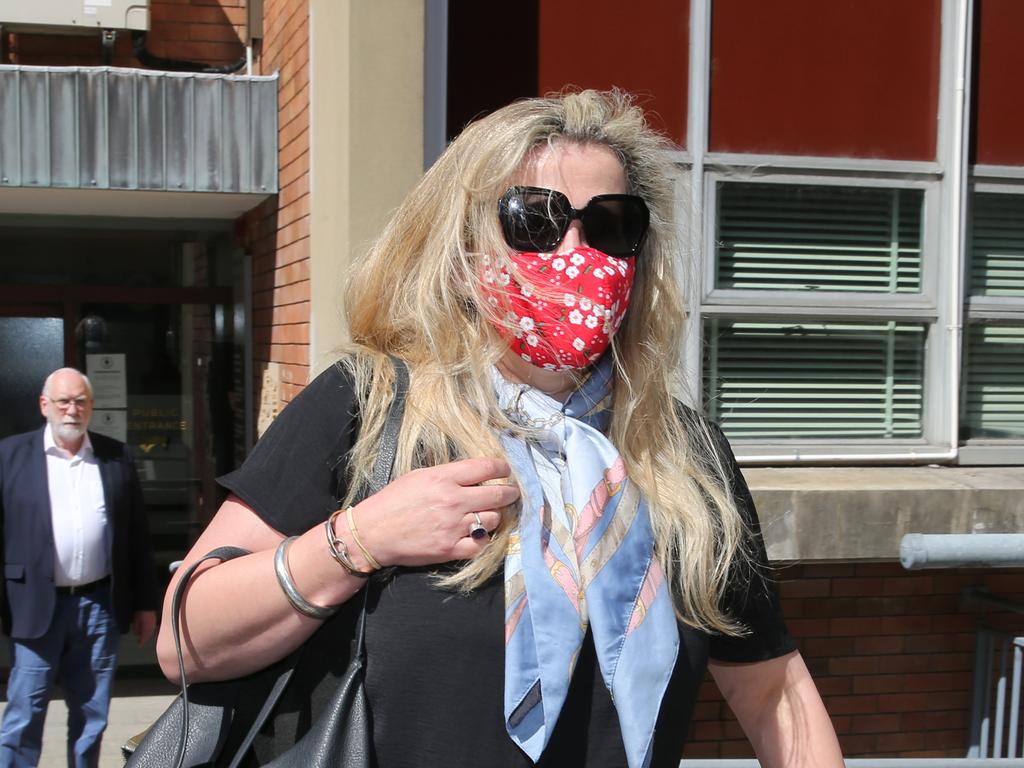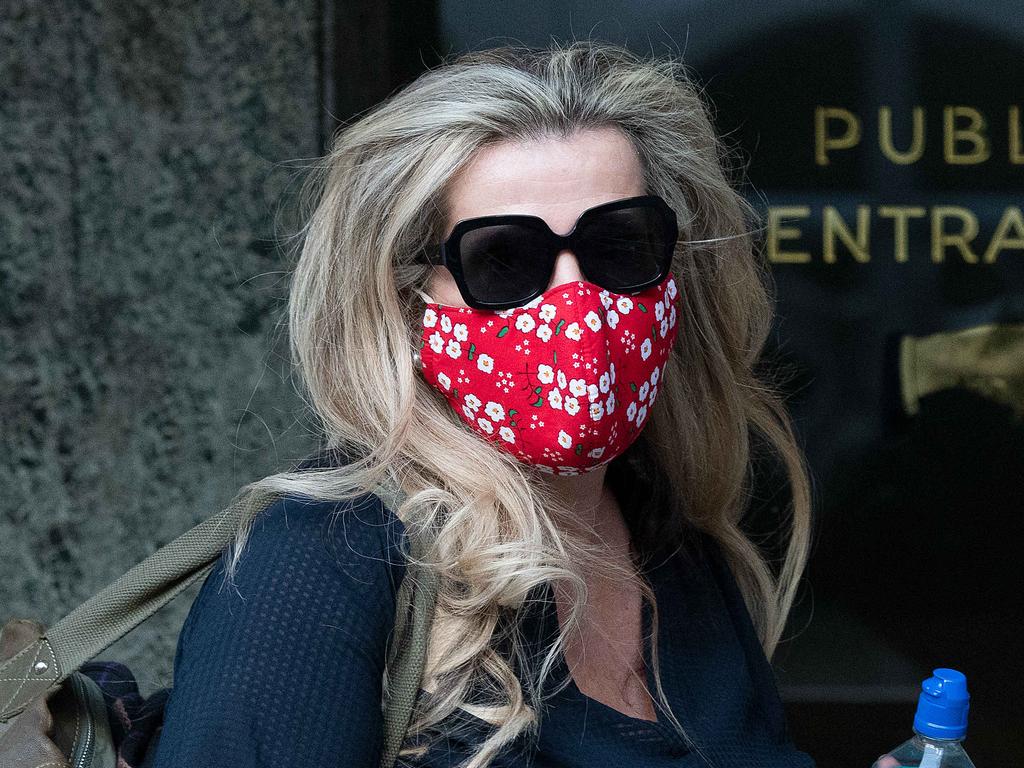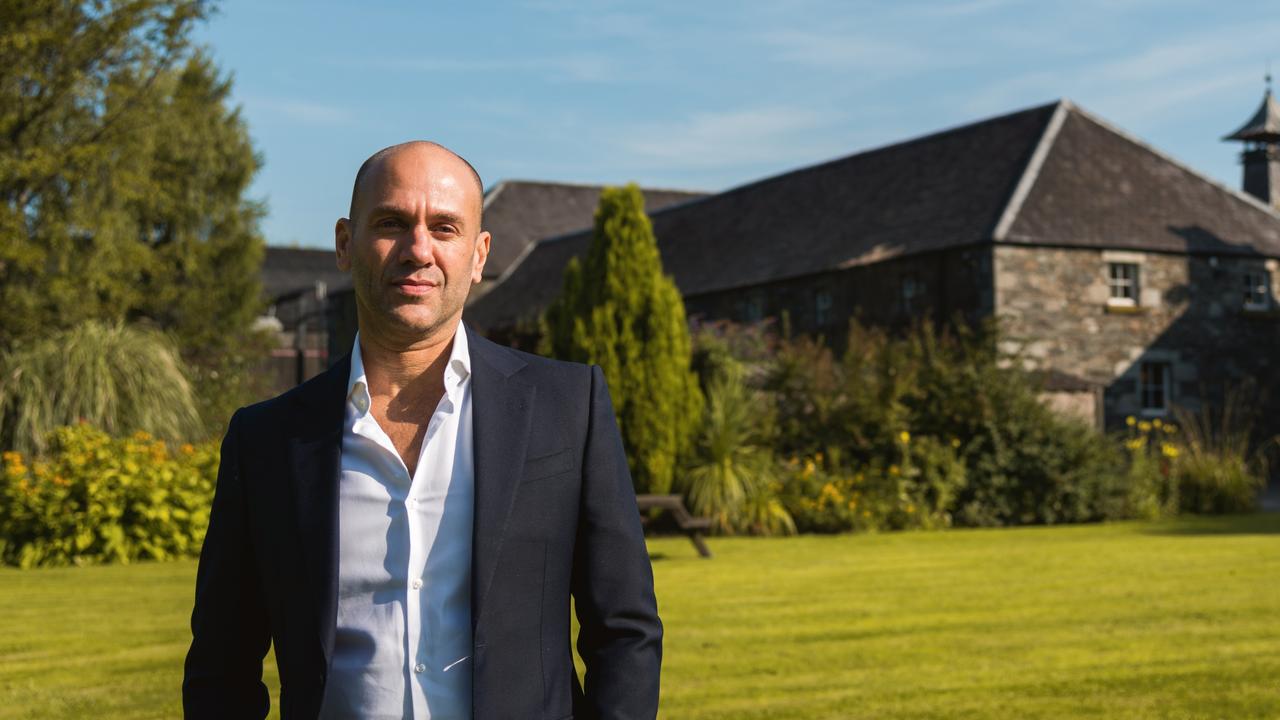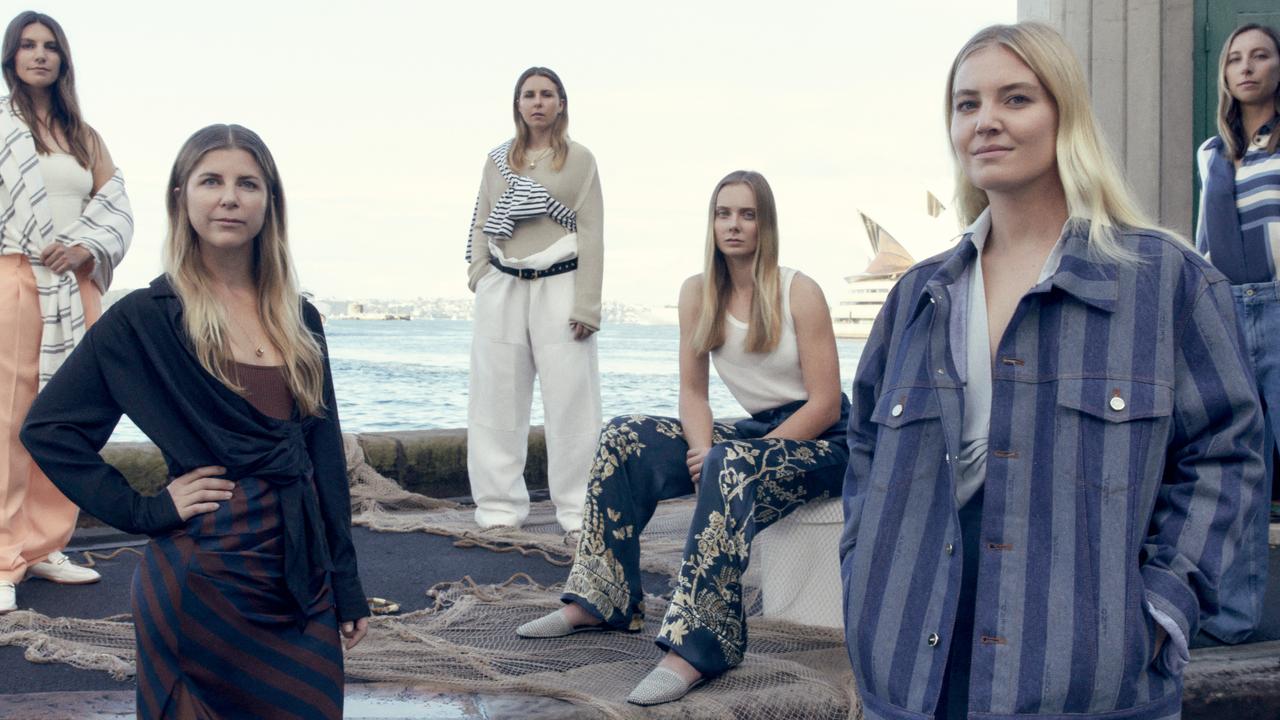Kathy Jackson: Crusades and corruption
Pretending to be a corruption whistleblower almost worked for Kathy Jackson. She was was a hero — until the truth came out.
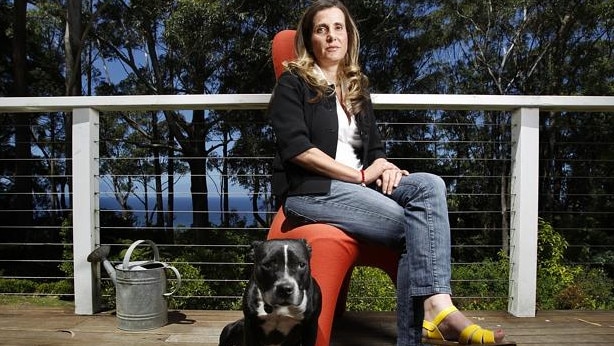
Pretending to be a corruption whistleblower almost worked for Kathy Jackson.
Eight years ago, Jackson attracted headlines when she went to NSW police and made allegations of serious corruption against two fellow leaders of the Health Services Union, Michael Williamson and Craig Thomson.
She was hailed for her courage in standing up to Williamson and Thomson. They’d stolen from a union representing thousands of low-paid hospital orderlies and cleaners who relied on the pair to improve their lot. Greed ruled and Jackson had supposedly exposed it. Williamson would pay heavily for his crimes, sentenced to 7½ years’ jail after pleading guilty to defrauding the HSU of $1m. He served five with parole.
Thomson’s penalty was much less: a modest fine and no jail time when the dollar sum of his theft was significantly wound back on appeal to less than $5000.
Now it is Jackson’s turn to face the music. It has been a long, painful fall from hero to zero, but Jackson is finally exposed for what she always was. Corrupt.
The Jackson whistleblower saga ends with her facing a criminal record, convicted on four charges. Two charges result from a jury trial in Victoria’s County Court late last year that was suppressed, and only now made public. The others follow a month of negotiations between Jackson’s legal team and Victoria’s Director of Public Prosecutions: she pleaded guilty to two further charges on Monday. Jackson will be sentenced in November for stealing a total $102,892.85.
Jackson has led a charmed life, despite ups and downs, and the outcome of these criminal proceedings would seem no exception. She escaped the normally open justice system — and a public spotlight on any gritty detail of her alleged bad behaviour — because of circumstances.
In September 2016 Jackson was charged with 70 offences, later increased to 164. But the scheduling judge was concerned there were too many complex charges and told prosecutors to split them up into two lots.
Doing so had an immediate effect: Jackson’s first jury trial on 22 charges (one of them dismissed mid-trial) was kept secret out of fairness. The purpose was to ensure a different jury for her second proposed trial on 48 charges could not be influenced by any knowledge of the first trial.
The jury in the first trial found Jackson not guilty of all 18 theft charges, and guilty of two deception-to-gain-financial-advantage charges. A second trial scheduled for May this year, which would have gone ahead in public, was postponed like many because of the COVID-19 lockdown. With a mounting backlog of cases, Victoria’s DPP entered negotiations with Jackson and she agreed to a guilty plea on two out of 48 charges related to abuse of HSU credit cards. A public trial was avoided.
With no second trial, arguments used in the first by Jackson’s Legal Aid barrister, Theo Alexander, provide the only insight into how Jackson thought her actions were justified or mitigated.
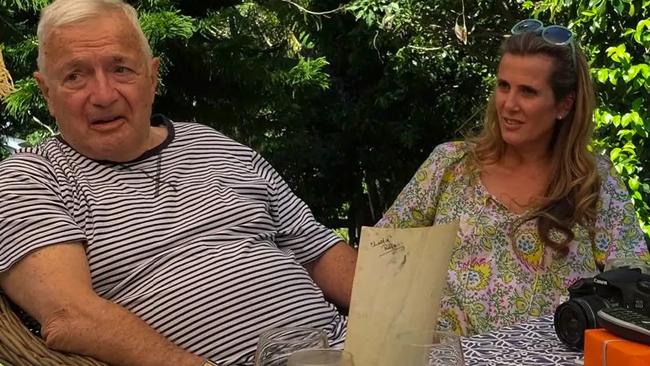
Alexander did his job well, as a defence barrister should, by sowing doubt in the jury’s mind. Gaining a conviction in theft or fraud cases is often difficult because a judge or jury must be satisfied “beyond reasonable doubt” that a crime was committed.
Alexander seemed to rely most, as his now-released closing submission indicates, on the principle of “moral relativism”. He said Jackson’s work environment was a battle for survival of the fittest. No matter how Jackson “worked hard” for her members as a “good” union secretary, she operated in a “dirty shark-infested pool” with Williamson and Thomson.
As Alexander presented it, Jackson’s enemies exacted revenge after she blew the whistle on their corruption. He muddied the waters about documentary evidence against her too: although admitting “it sounds a bit fanciful, but it’s possible”, Alexander said Williamson might have used one of his computer gurus to doctor Jackson’s records. After all, Williamson had pleaded guilty back in 2013 to creating false invoices in relation to his own crimes.
Last, Alexander appealed to the jury’s common sense: why would Jackson go to police “twice” and knowingly bring down her enemies if she was at risk of coming undone as well?
There are weaknesses with all these arguments, even if Alexander was doing his best for his client. For starters, suggesting Jackson swam in a shark pool with the others is factually difficult to advance when all the criminal charges brought against her relate to the period 2003 to 2010 when she was secretary of a small HSU branch in Victoria, the No3 branch, that had nothing to do with Williamson and Thomson as fellow sharks.
During this period, Williamson controlled the totally separate NSW branch. He knew Jackson well and they sat together on the HSU national executive but he could not interfere with the running of Jackson’s No3 branch in Victoria, or how it spent its money. Thomson, meanwhile, after serving as Williamson’s deputy in NSW, was HSU national secretary from 2002 until late 2007 when he entered parliament as a Labor MP. He had no control over Jackson’s Victorian branch or any other.
The effect of this structure was quite possibly a proliferation of separate shark pools – but certainly not a single pool. The only check on Jackson was herself, and her compliant HSU No3 branch committee of management.
Only sometime after May 2010 – chronologically after the time frame for criminal charges brought against Jackson – did the union operations of Jackson and Williamson become deeply entwined. This was meant to be a new beginning: they agreed to a merger of separate branches to create a single, unified “HSU East”. Even the notion Jackson blew the whistle on Williamson and Thomson is seriously flawed.
In fact, Jackson never exposed Thomson’s corruption; rather, she helped cover it up. As The Australian has reported previously, Jackson seconded a resolution of the HSU national executive, moved by Williamson, to authorise retrospectively all of Thomson’s suspect spending of HSU funds when the matter threatened to blow up publicly. This resolution was not passed – but it shows that Jackson, at that critical point in 2008, was complicit in trying to bury any suggestion Thomson’s spending was not approved and possibly illegal.
When she reported Williamson and Thomson to police in 2012, she did not have much hard evidence against them and focused on their alleged misuse of American Express cards in 1999. She had sat on these allegations for 12 years, when she was first told about them. She used them when it suited, to advance her own cause.
NSW police took Jackson seriously and launched an investigation. Police ultimately nabbed Williamson by gathering new evidence and using wire taps. Thomson, meanwhile, was not pursued by NSW police after Jackson implicated him: he faced unrelated charges in Victoria based on his alleged unauthorised use of HSU funds while national secretary for prostitutes and campaigning for a seat at the 2007 federal election. These were the allegations Jackson, when she was still friends with Williamson, had agreed to retrospectively approve in 2008.
Finally, yes, it does make sense Jackson would not bring down Williamson if it meant drawing attention to her own corruption. But, as sources very close to Jackson attest, she was confident she could take over the HSU East branch with Williamson discredited and gone, then bury any past discrepancies regarding her own conduct.
The Federal Court ruled in August 2015, separately to Monday’s criminal court outcome against Jackson, that she misappropriated as much as $1.4m from the HSU for her personal benefit – but this civil court operates on a lesser test of “probability” not “beyond reasonable doubt”. Jackson also received a pounding from the royal commission into union corruption’s final report in December 2015, which found she acted in her own interests and recommended she face criminal prosecution.
It has been a tumultuous eight years for Jackson, including three in bankruptcy when the HSU’s new guard was chasing her for $1.4m in misappropriated funds and a further $1m costs as set down by the Federal Court.
There is one last roll of the dice for Jackson to secure her financial future. Less than two years after meeting David Rofe, a prominent Sydney barrister suffering from advanced dementia, she was named in his will for a $3m share. Rofe died in 2017 and she could score a big payday if a NSW probate court ruling goes her way. And if her bankruptcy trustee does not grab the money first as a debt owed to the HSU.



